This is one of two runner-up articles chosen from Mr. Patterson’s C Block Rhetoric class after a blind review by The Voice’s editors. Some minor edits have been made. Thank you so much and congratulations to all who submitted! We are so grateful to have had the opportunity to read your fantastic work, and we hope that you will continue writing!
“If I was a man, then I’d be the man,” declares Taylor Swift in her song, The Man. This is just one of her many well-known songs written to throw shade on a sexist music industry. Female artists are constantly under the microscope, getting judged by their appearance or dating life instead of their talent. Many female singer-songwriters have used lyrics to express their feelings about sexism in the music business and still, people refuse to listen.
Women make up the majority of the world, comprising over 50% of the population, yet they are the minority in the music industry. If you look closely at the top artists from the last several years, you will see numerous names of women who have released highly successful albums, but don’t let the list deceive you. Miscellany News states that women make up only 22% of popular artists, 13% of artists in the pop music genre, and 3% of producers. Furthermore, male Spotify users listen to 92.4% male artists. This creates a disproportionate representation in which men dominate the music industry.
In addition to the lack of representation, the questions journalists ask of the few women in the industry compared to those asked of men are considerably different. These sorts of questions perpetuate gender bias, even if it is not done intentionally. For example, one time, Ariana Grande was asked, “If you could use makeup or your phone one last time, which one would you pick?” The singer replied, “Are you kidding me? Is this men assuming that that’s what girls would have to choose between?” Instead of responding to the question and giving in to the reporter’s bias, she responded in a way that expressed her feelings toward the insulting question. You often don’t see men on the red carpet being asked about their hair or shoes.
The #askhermore movement was created by the Representation Project to try and encourage interviewers to focus on things other than appearance. According to the Representation Project, a study that analyzed 160 million words from past newspapers found that women are disproportionately described in relation to their marital status, age, or appearance.
In response to this misogynistic industry, popular artists like Miley Cyrus, Dua Lipa, and Megan Thee Stallion work to raise awareness through their lyrics. A common trait among all of their albums is a track about their experience with sexism. For example, in her song “Plastic Hearts,” Miley complains about how men have pushed her around in the music industry. One of her powerful lyrics states “there are layers to this body… They told me I should cover it so I went the other way.” The lyrics emphasize how men can be controlling and women in the industry are starting to protest against it.
After considering these statistics and examples, I hope you will make a conscious decision as to which artist you shuffle next. Make an effort to find more diverse artists or producers to listen to and add to your Spotify playlist. Listen to artists that you know speak out, support them, and give their music streams. Sexism is not something that can be changed overnight, but even acknowledging it is one good way to start reducing it. Being more mindful of whom you listen to and what they write about is an excellent first step.
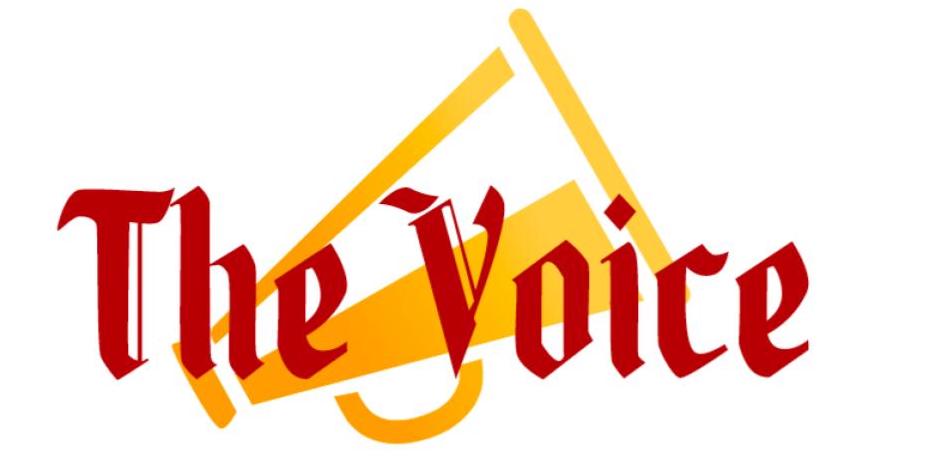








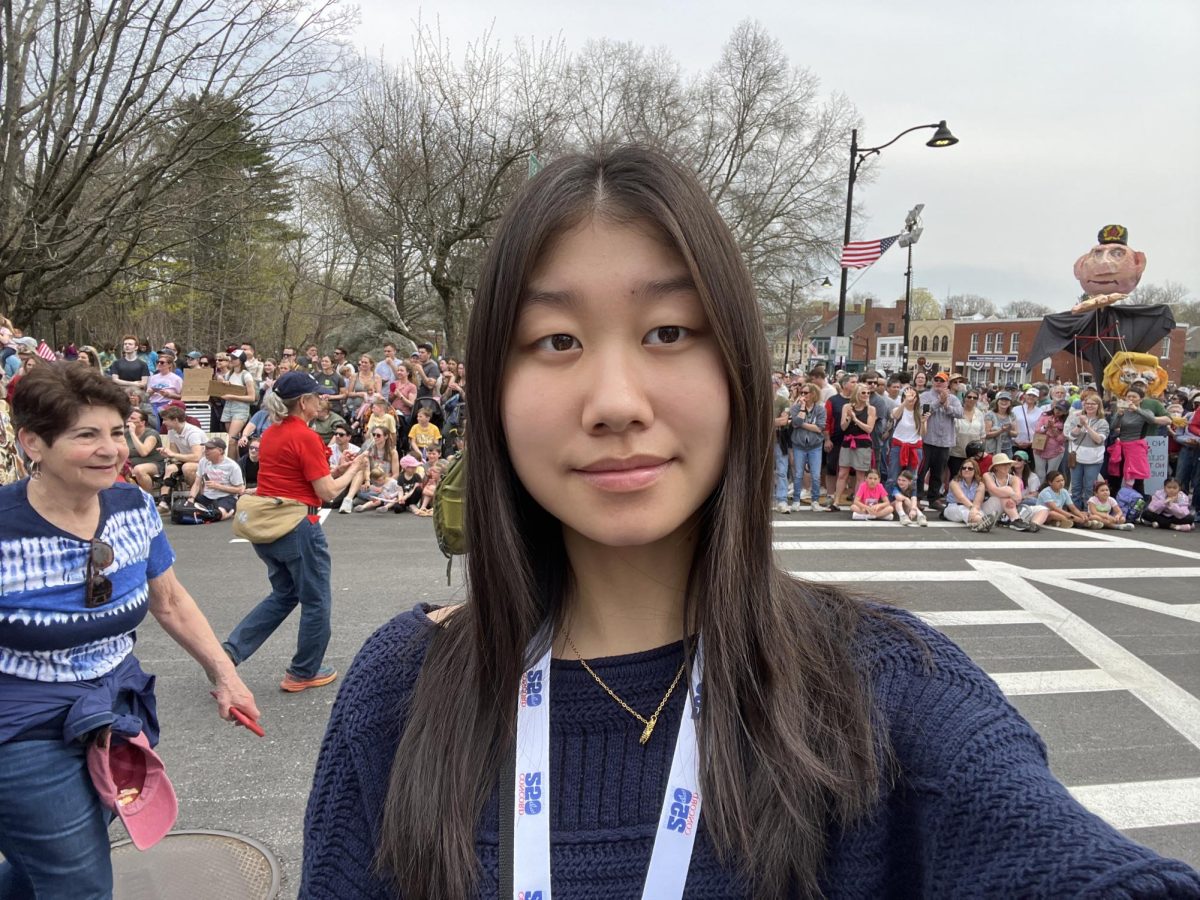
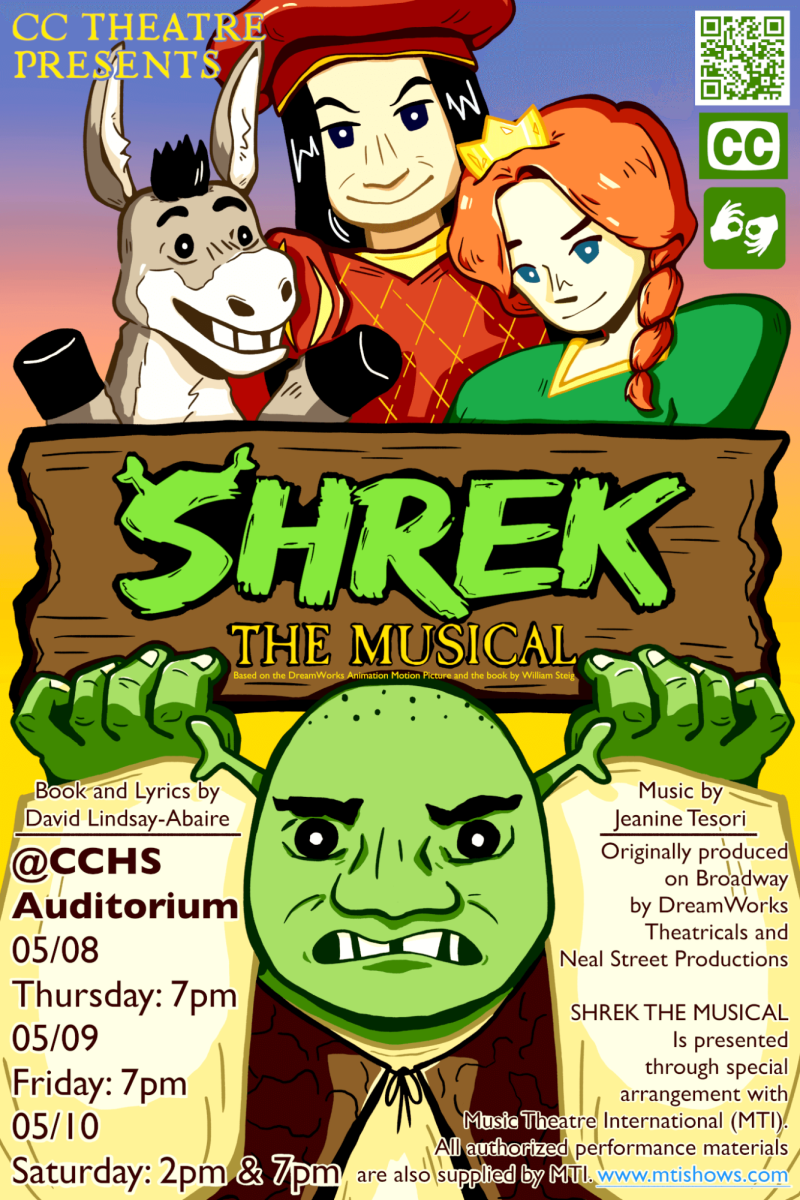





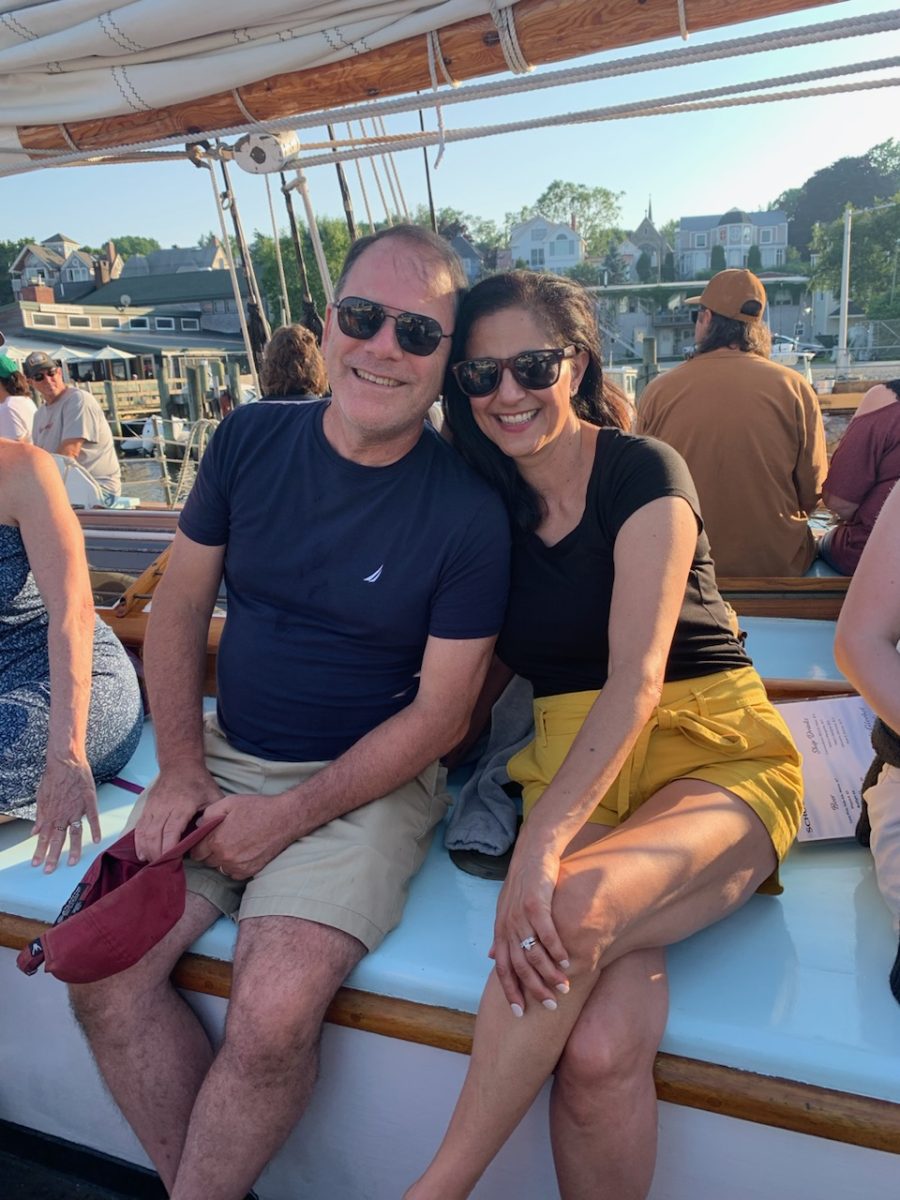
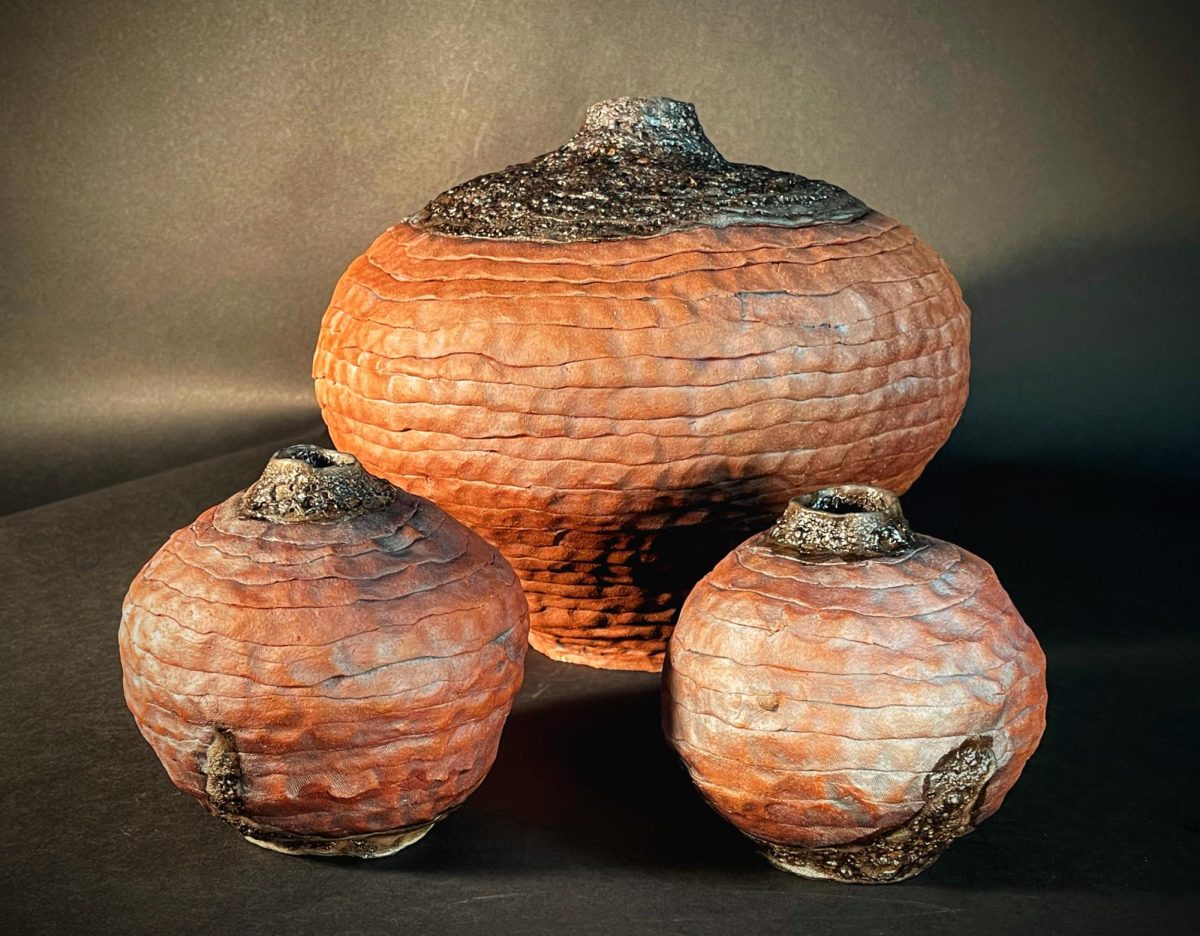
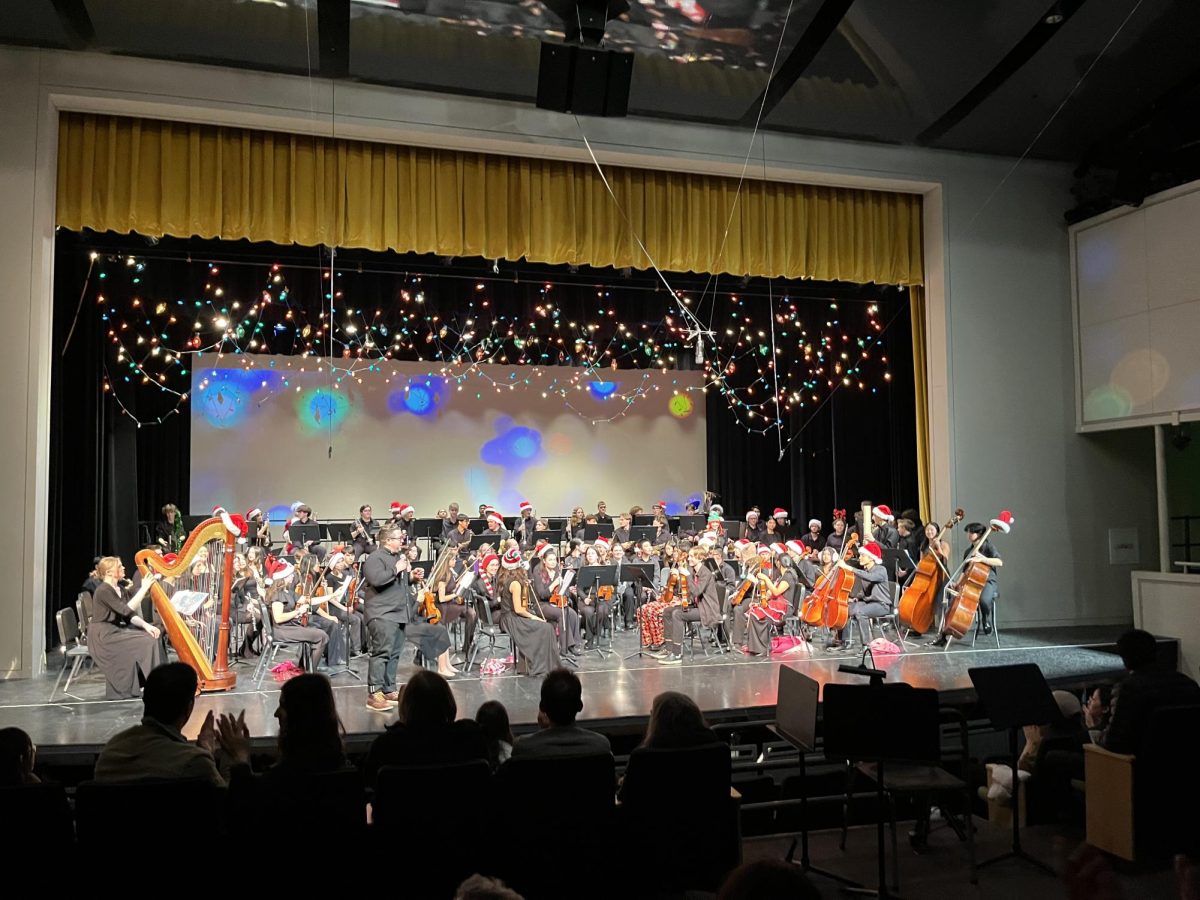




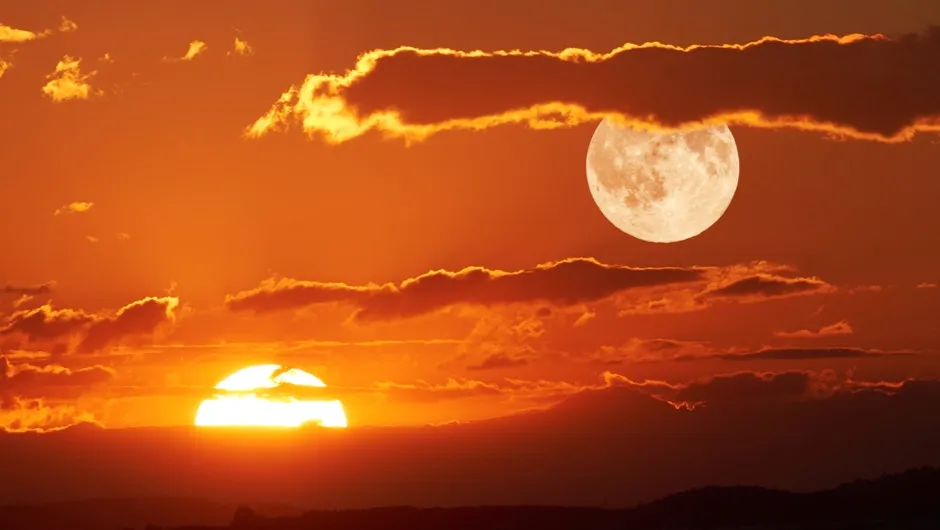
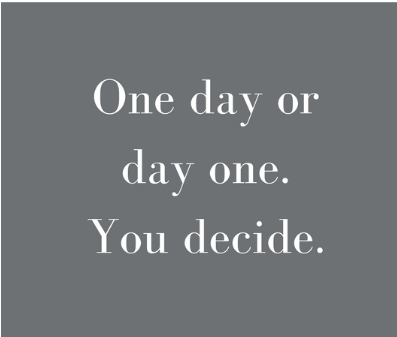









Nami • May 7, 2024 at 7:30 pm
Hi, I’m Nami, and I am working on a personal interest project for the Society and Culture year 12 course in Australia. My subject of discussion is misogyny in the music industry, which includes gender double standards and the sexualisation of women. Given your expertise in my topic, I would be delighted to interview you via Zoom or email. Kindly respond if you are available.